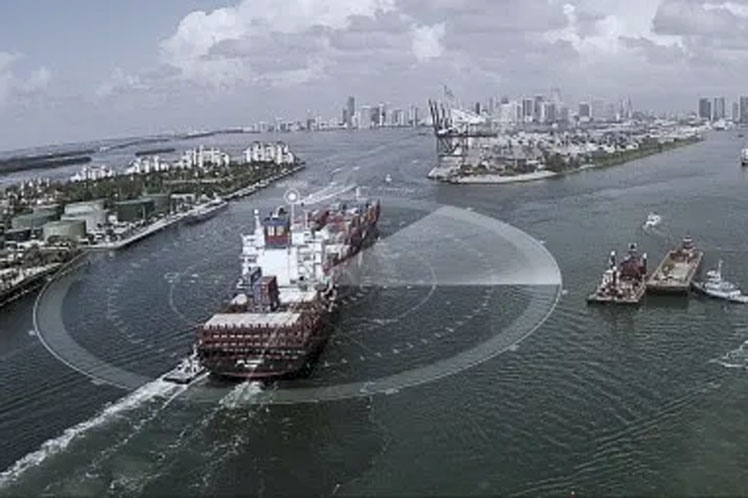The device, called Advanced Navigation Research Simulator (ANRS), has a full-mission ship bridge and traffic service system that replicates real-life conditions, allowing trainees to practice and be tested without having to go out to sea.
It combines simulated training with artificial intelligence, which interprets data collected by sensors such as glasses tracking the movement of the users’ eyes and tapes recording electrical activity in the brain.
According to developers at Singapore Maritime Academy, users’ voice tones and their heart rate during a simulated crisis are also recorded so that coaches have a better idea of their readiness.
It is expected to lead to better training programs that can reduce the frequency of maritime accidents caused by human error.
Minister for Transportation, Chee Hong Tat, clarified, however, that the ANRS, valued at 1.2 million dollars, does not replace the need for human trainers, but rather increases the training provided by them.
pgh/lcr









